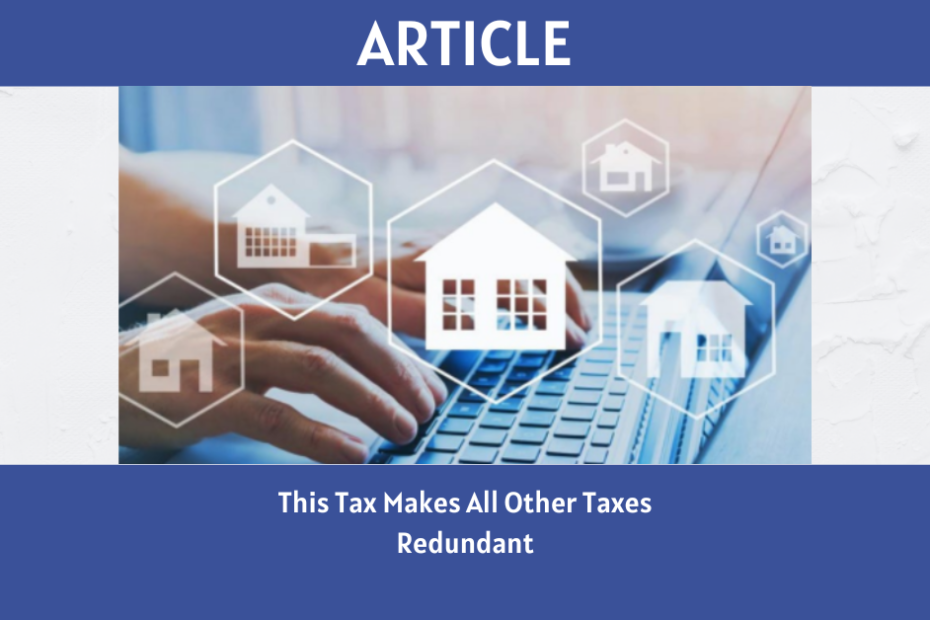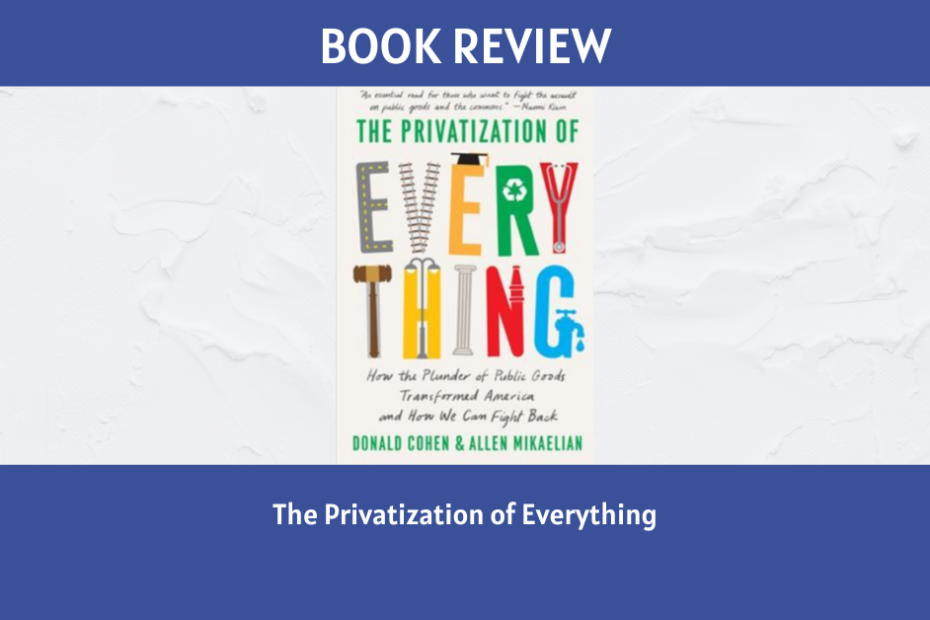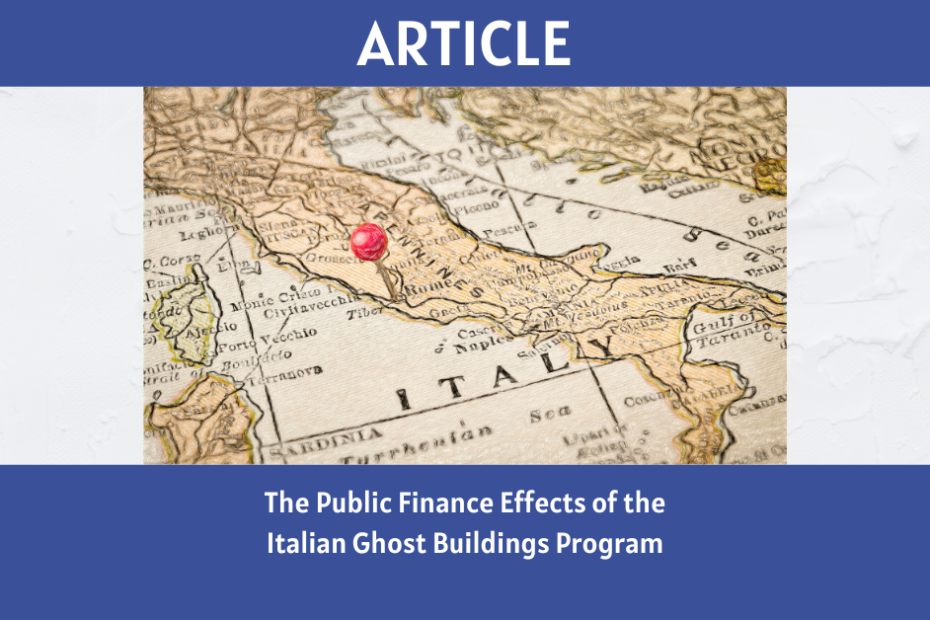This Tax Makes All Other Taxes Redundant
On a lazy Sunday morning I managed to get my son Miran (9) and his friend Tinus (10), who lives next door to us, to play a game of Monopoly. They were not very enthusiastic at first; they find the game boring and predictable. The player who can build houses first quickly gets ahead in the game. Especially if he reinvests the money he earns in new houses. For the others, it’s hard to catch up. The winner accumulates piles of money, the other players are broke and frustrated. There’s hardly any strategy involved. It’s just a matter of being lucky or unlucky.
The current housing market in the Netherlands looks a lot like a Monopoly game. If you bought a house at the right time, your wealth is growing. If you don’t own a house yet, it is almost impossible to get in on this wealth growth.






